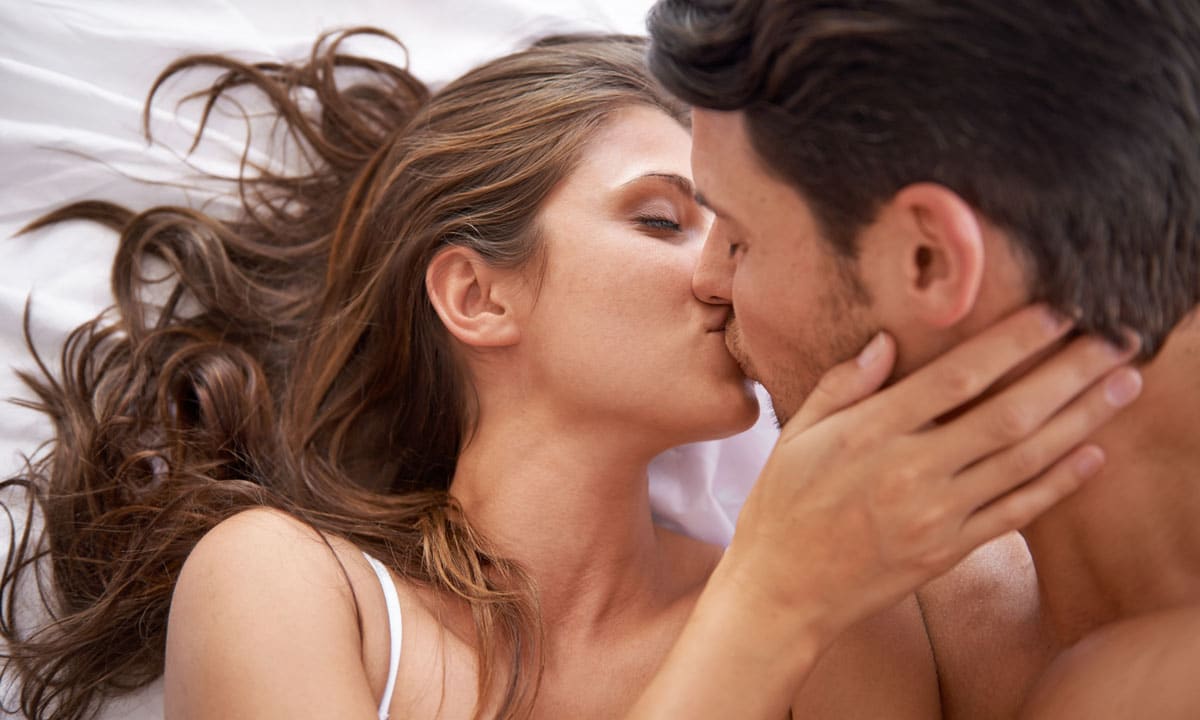
Ecstasy makes you horny. So does booze. Marijuana just makes you chill. These three obvious sentences were confirmed by a study published this week in the scientific journal Psychology and Sexuality.
The report revealed that compared to marijuana, alcohol and ecstasy were more strongly associated with heightened perceived sexual effects, including attraction, sexual desire, and social outgoingness.
Increased attraction — both feeling more attractive and attraction to others — was most commonly associated with drinking alcohol, followed by ecstasy. More than six out of ten participants reported feeling more attractive on alcohol (67 percent) or ecstasy (61 percent), but only a quarter (25 percent) felt more attractive on marijuana. Similarly, most participants reported that alcohol (72 percent) or ecstasy (64 percent) led them to be more attracted to others, while marijuana only increased attraction to others in about a quarter (27 percent) of respondents.
Increased social outgoingness — defined as outgoingness making users more likely to meet a partner — was reported by the majority of people who drank alcohol (77 percent) or used ecstasy (72 percent), yet only a quarter (26 percent) of users reported an increase on marijuana. The report was conducted by the Center for Drug Use and HIV/HCV Research at NYU Meyers College of Nursing.
The researchers surveyed 679 young adults (ages 18 to 25) entering electronic dance music parties at nightclubs and dance festivals in New York City to examine and compare self-reported sexual effects associated with the use of alcohol, marijuana, and ecstasy.
“These results align with previous research on the social effects of alcohol use, which link alcohol use to increased feelings of self-acceptance and decreased feelings of social anxiety in social situations,” said CDUHR researcher Joseph Palamar, PhD, MPH, the study’s lead author and an associate professor of population health at NYU Langone Health.
Which Substance Leads To Post-Sex Regret?
Post-sex regret was most common after alcohol (reported by 31 percent) compared to ecstasy (13 percent) and marijuana (7 percent). Palamar, who was not surprised by this finding, explained, “Alcohol is more commonly associated with regretful behavior such as ‘one-night stands.’ ”
Ecstasy — also known as the “love drug” — was more associated with heightened sexual intensity, length of sexual interaction, and orgasm intensity compared to alcohol and marijuana. But there are issues with performance while on these substances.
“While alcohol and ecstasy can increase sexual desire, these drugs can actually hinder sexual performance of males,” said Palamar. “Alcohol can numb the body, which can delay or prevent orgasm, and impotence is common while high on ecstasy, despite the drug increasing body sensitivity.”
Women reported mixed sexual effects when using marijuana. Marybec Griffin-Tomas, a doctoral candidate at NYU College of Global Health and coauthor of the paper, said, “While females may feel more sensitive to sexual contact while high on marijuana, they are more likely than males to report sexual dysfunction resulting from use.”


